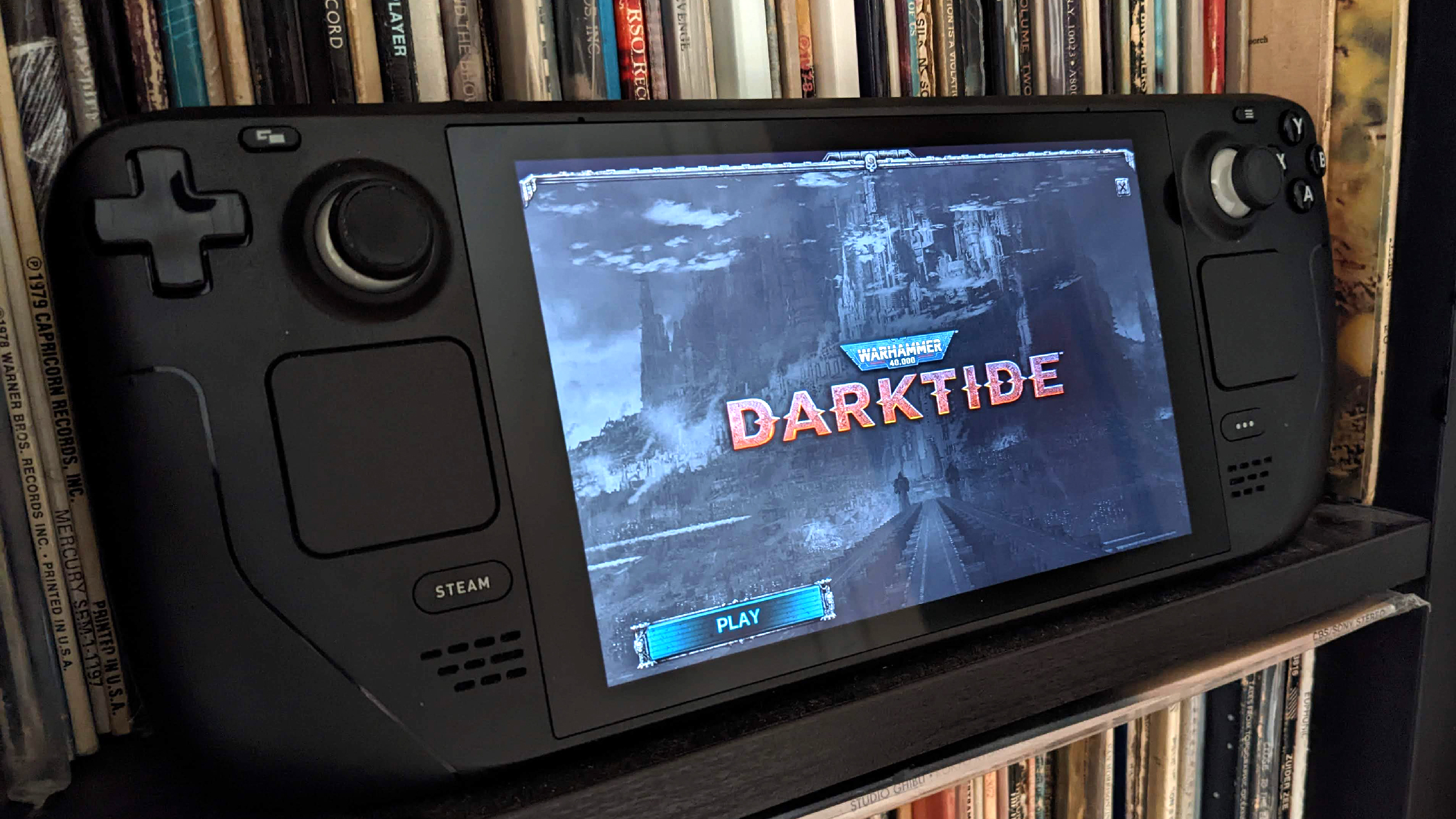
You knew it already, but a significantly faster Steam Deck is not around the corner.
The Steam Deck has been a significant hit. So, a sequel seems something of a certainty. But any Steam Deck 2 with a major performance upgrade remains at least a “few years” away.
So says Steam Deck designer Lawrence Yang. Speaking to ye olde Rock Paper Shotgun, what Yang said specifically was, “a true next-gen Deck with a significant bump in horsepower wouldn’t be for a few years.”
This shouldn’t really be a surprise. After all, the Steam Deck is only now celebrating its first birthday. It’s a very slick bit of kit with lots of custom-engineered and commissioned hardware, not least of which is its AMD APU.
That makes for a significant investment. So, just like the big games consoles, Steam Deck likes requires a multi-year life cycle to recoup that investment. Rolling out a major upgrade inside, say, 18 months, isn’t gonna fly financially.
Yang and his fellow Steam Deck designer, Pierre-Loup Griffais, also point out that there are benefits to providing a stable target for game developers. “If high-end current-gen titles are able to scale to Deck and be a great experience, it also enables smoother performance on a wider variety of PCs, and improve the experience for the whole playerbase,” Griffais says.
And, again much like more conventional consoles, the full capabilities of the Steam Deck are still being unleashed, as the recent update to Doom Eternal with added ray-tracing running on the Deck demonstrates.
(Image credit: Future, FromSoftware)
Steam Deck review: Our verdict on Valve’s handheld PC.
Accessories for the Steam Deck: Get decked out
Steam Deck availability: How to get one.
Steam Deck battery life: What’s the real battery life of the new device?
Steam Deck – The emulation dream machine: Using Valve’s handheld hardware as the ultimate emulator.
As we reported late last year, before a properly next-gen Deck emerges, we may see an interim update with an upgraded screen and better battery. But it’s clear enough that a serious performance upgrade isn’t going to happen anytime soon.
That’s a little frustrating when you consider what’s theoretically possible at the bleeding edge of today’s chip technology. But we suspect that the existing Steam Deck will still be capable of some pretty magical and as yet unexpected stuff over the next few years.
As RPS points out, there will likely be something of a shift in attitude from ‘things the Steam Deck can do’ to a more specific ‘things games can do on a Steam Deck’, as developers drill down into the hardware and tease out every last drop of performance.
As the saying goes, necessity is the mother of invention. With that old chestnut in mind, Steam Deck’s relative limitations could yet spark some compelling gaming creativity.




